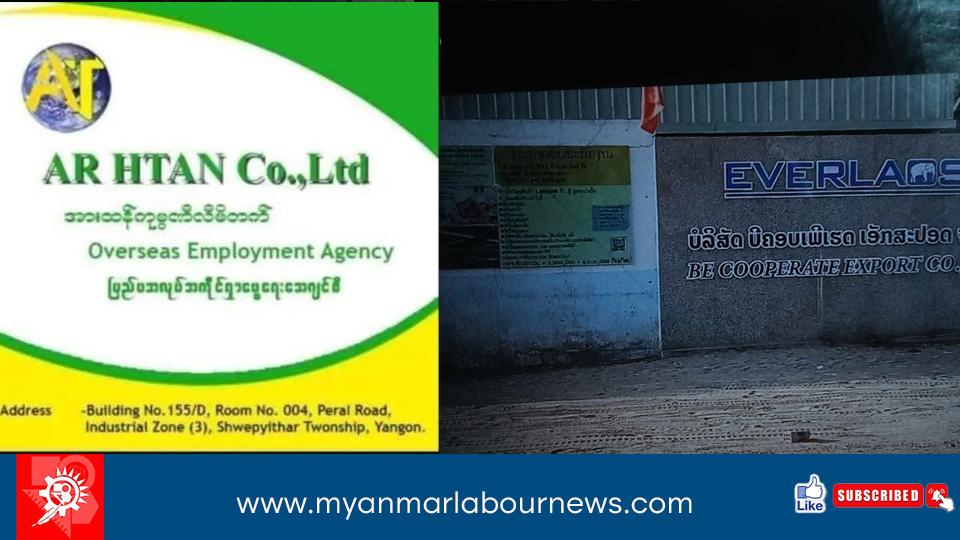By Yoon Sat - Jul 09, 2024
Some of the agencies consider that although the Military Council has imposed severe restrictions on workers to work at overseas via the employment agencies in Myanmar, their departures to foreign countries will not decrease.
"No matter how the policies are changed or how the rules are tightened, those who go will try to, it will not decrease. There are no jobs here. Again, with the price of goods in Myanmar, the salary doesn’t cover the family’s expenses. They will go by any method possible," said a person who provides overseas employment services.
As the military council has imposed age restrictions on those who are not going to work abroad, as well as tightening the rules and interfering transactions issue, workers would go to aboard illegally even if they don’t have a chance to go with legal MOU system, businessmen have said.
Departures will not decrease. There may be more people who will go illegally. Although the Military Council restricted the age limit, the workers who were in the age restricted limit went with PV, not PJ. So, they forbit from conversing from PJ to PV. They will go with any possible way. They also have to sign contract to transfer 25% of the salary to the family, so they may choose illegal methods, said an expatriate Myanmar labor support worker
Last few days, the Military Council and the Myanmar Oversea Employment Agencies Federation (MOEAF) met, and said that it will be mandatory to prevent people from going to foreign countries to work on a PV passport and they will also inspect the agency that sends workers to foreign countries whether 25 percent of the workers they sent are sent back to their families every month.
All men between the ages of 23 and 32 are restricted to work abroad with a PJ passport. It is also reported that the military council pressured the agencies to sign the contract before the workers leave by making it compulsory to include in the fact that the workers must transfer 25 percent of the salary to the family through the military council's banks and must pay a 2 percent tax.
Despite such strict rules and restrictions, more people are leaving to work in foreign countries such as Thailand, Malaysia, Singapore, Japan, South Korea and Laos. due to the military conscription, political instability, the lack of employment and lack of domestic wage increases,









